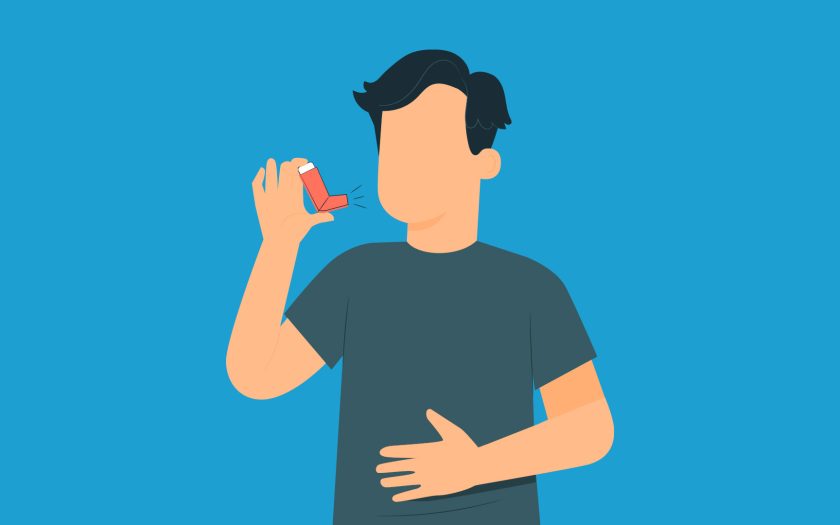In case of bronchial asthma, treatment should not be stopped yourself, even if there is a significant improvement in symptoms. When a patient follows all doctor’s recommendations and the therapy is correct:
- You won’t need to constantly use bronchodilators as the disease will be controlled.
- Hospitalization will not be necessary. Furthermore, the patient will be able to lead a full life, including participating in sports.
With incorrect treatment, there is a constant need to use bronchodilators and the frequency of their application increases. Disease progression can lead to limitations in physical activity and even disability. To avoid negative outcomes, it is important to:
- Perform all procedures prescribed by the doctor simultaneously. They can be connected with established routines, such as brushing teeth or making the bed. The key is to adhere to all prescriptions daily.
- Keep medications (for example, Serevent Inhale, Flixotide Accuhaler) in a prominent place. This serves as a reminder for their intake. All emergency aids for attacks, such as a nebulizer, should be kept in a specific location for quick access.
- It is advisable to maintain an asthma diary, recording daily symptoms and peak flow meter results. This helps monitor treatment effectiveness and inform the doctor of its results.
Bronchial asthma imposes numerous restrictions on a person’s life, which must be followed to prevent an attack. Unfortunately, the list of prohibitions for this condition is quite extensive. With asthma, you should not:
- Smoke.
Smoke particles adversely affect the bronchial mucosa, triggering the production of inflammatory mediators. Also, prolonged smoking damages the ciliated epithelium of the bronchi, that is responsible for clearing mucus from the respiratory tract.
- Use allergenic products such as nuts, honey, egg white, soy, fish, spices, chocolate. It is hard to completely avoid these products, but minimizing their intake is advisable. If a specific product causes an allergic reaction, it must be avoided.
- Discontinuing medications prescribed by a doctor or altering their dosage independently, even when feeling is well.
Otherwise, this could lead to worsening of the condition.
- To stay in the cold for a long time.
Cold weather can induce bronchial spasms, feeling of lack of air and severe coughing.
- To engage in certain types of sport.
They include heavy athletics, long-distance running and biathlon. Prohibited sport is those that involve breath-holding or are associated with lack of oxygen, such as freediving and mountaineering.
With asthma, it is important to follow your doctor’s recommendations, protect yourself as much as possible from allergens, colds, inhaling aggressive substances, and freezing air. And, of course, people with asthma should always carry a metered-dose inhaler to alleviate symptoms.

